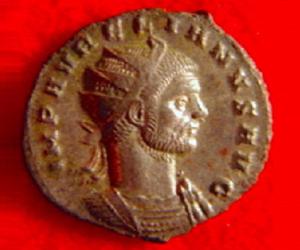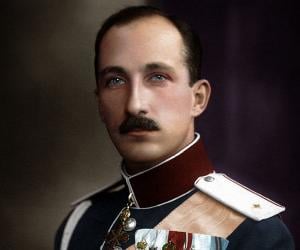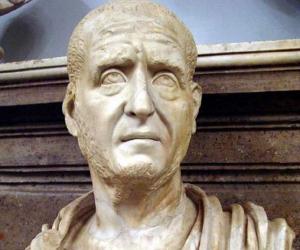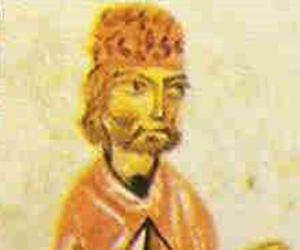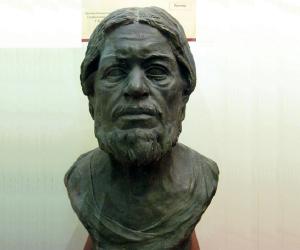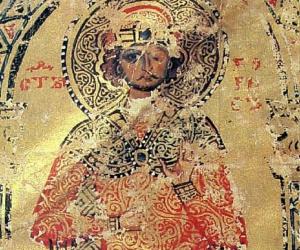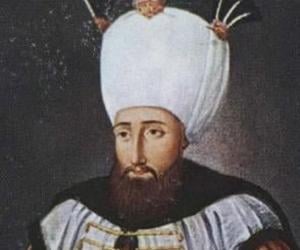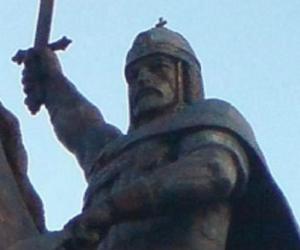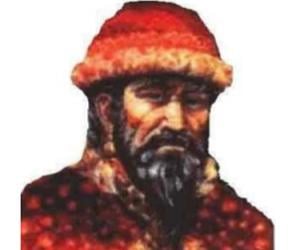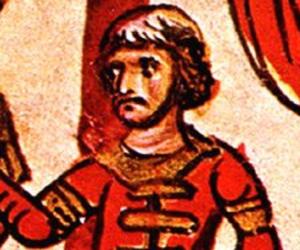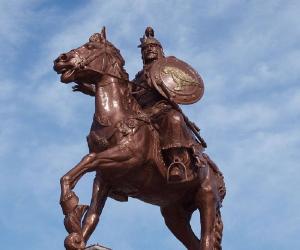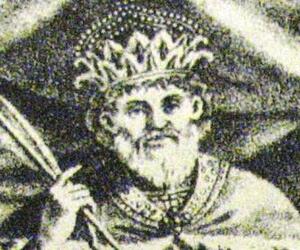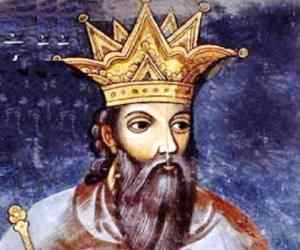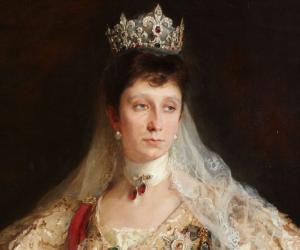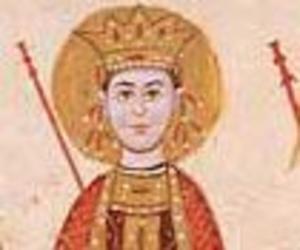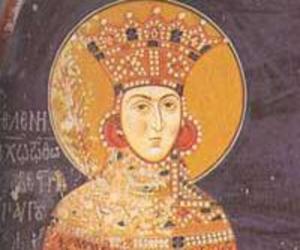1
Aurelian
(Emperor)
Birthdate: September 9, 0214
Sun Sign: Virgo
Birthplace: Sofia, Bulgaria
Died: September 25, 0275
Aurelian, a Roman emperor from 270 to 275, rose from modest beginnings in Moesia Superior to a distinguished military career. He joined the Roman army in 235 and advanced through the ranks, eventually leading the cavalry under Emperor Gallienus. Following Gallienus' assassination, Aurelian seized power after brief reigns by Claudius Gothicus and Quintillus. Known for his military prowess, he achieved significant victories against various invading barbarian tribes, restored eastern and western provinces of the Empire, and implemented crucial reforms to stabilize the currency. He earned the title Restitutor Orbis for his role in ending the Crisis of the Third Century.
